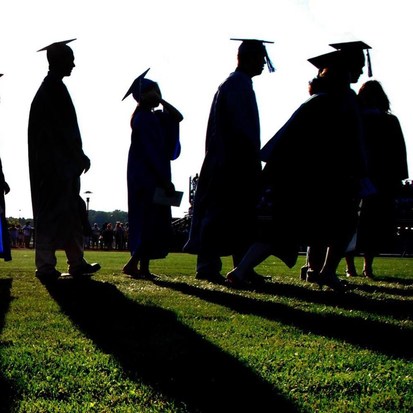Higher education is an important driver of social mobility—especially for first-generation and underrepresented populations. The Economic Mobility Project, an initiative of the Pew Charitable Trust, finds that 90 percent of low-income students who earn a college degree will achieve upward mobility, while 47 percent of low-income kids without college will see little to no mobility.
Understanding this, well-intentioned philanthropies, policy makers, and legislators have sought to close this opportunity gap by providing more access to college and financing more of the cost for low-income students. Yet, as The Brookings Institute finds, “The flaw in this simple argument is that the primary problem is no longer enrollment, it is completion. Almost half of all college students and much higher proportions of poor and minority students drop out before they complete a degree.”
How do we support these students not only through the enrollment process, but throughout their entire college career? What initiatives have proven successful? Are free college programs the answer?
Join us as a panel of local experts discuss the intersection of access, equity, and social mobility in higher education.

